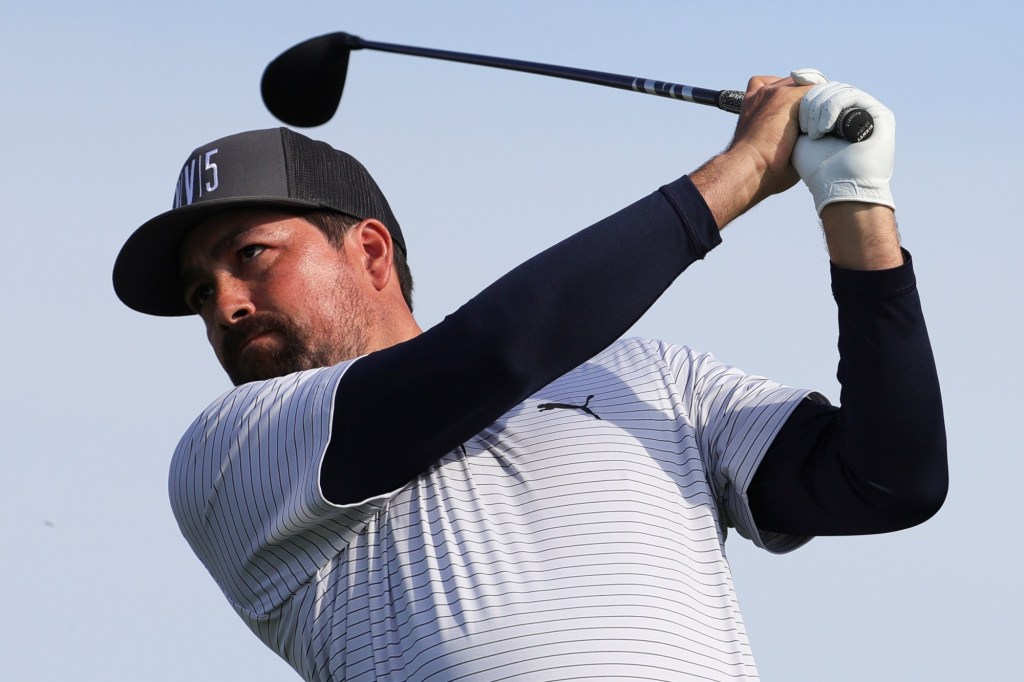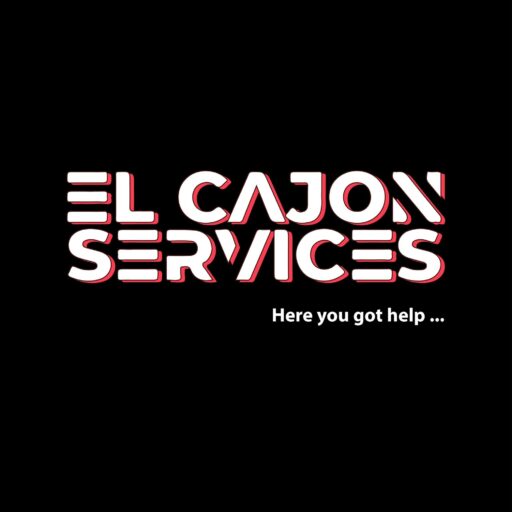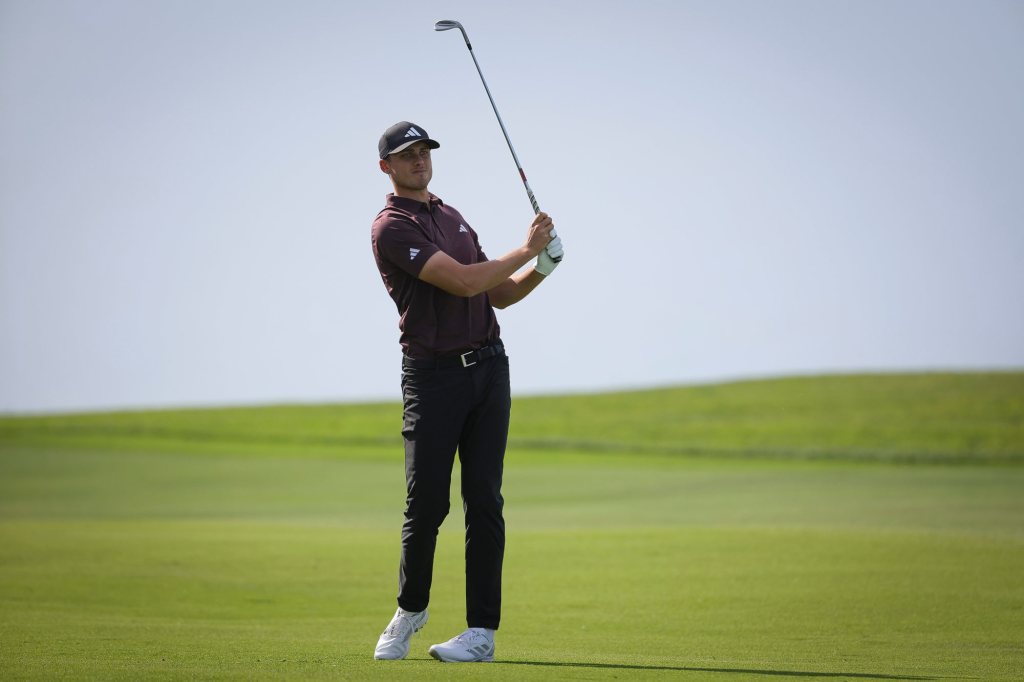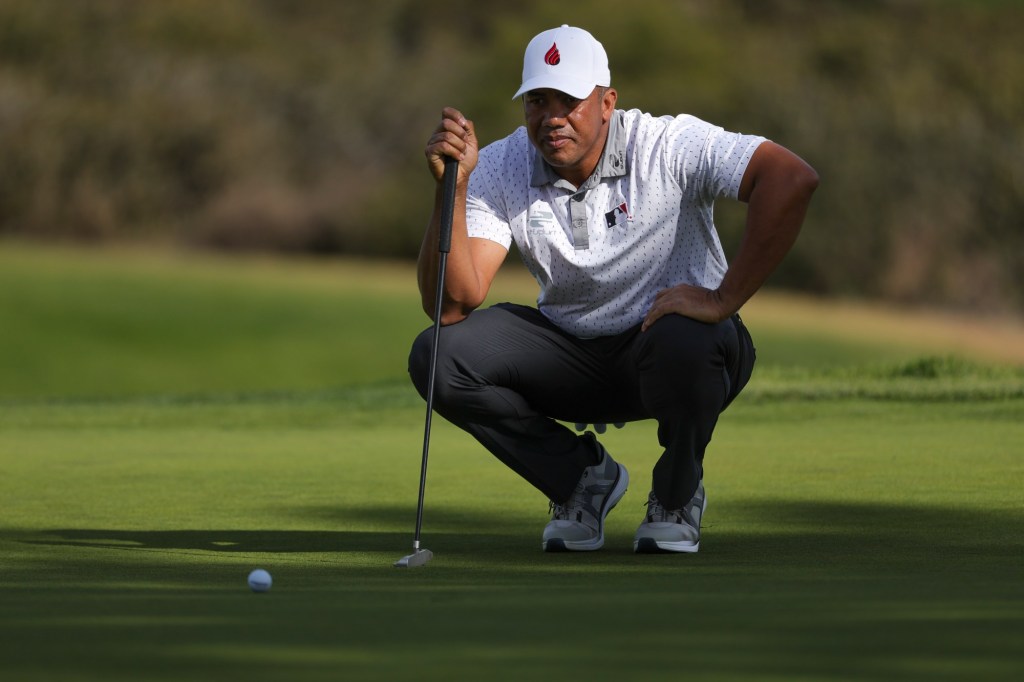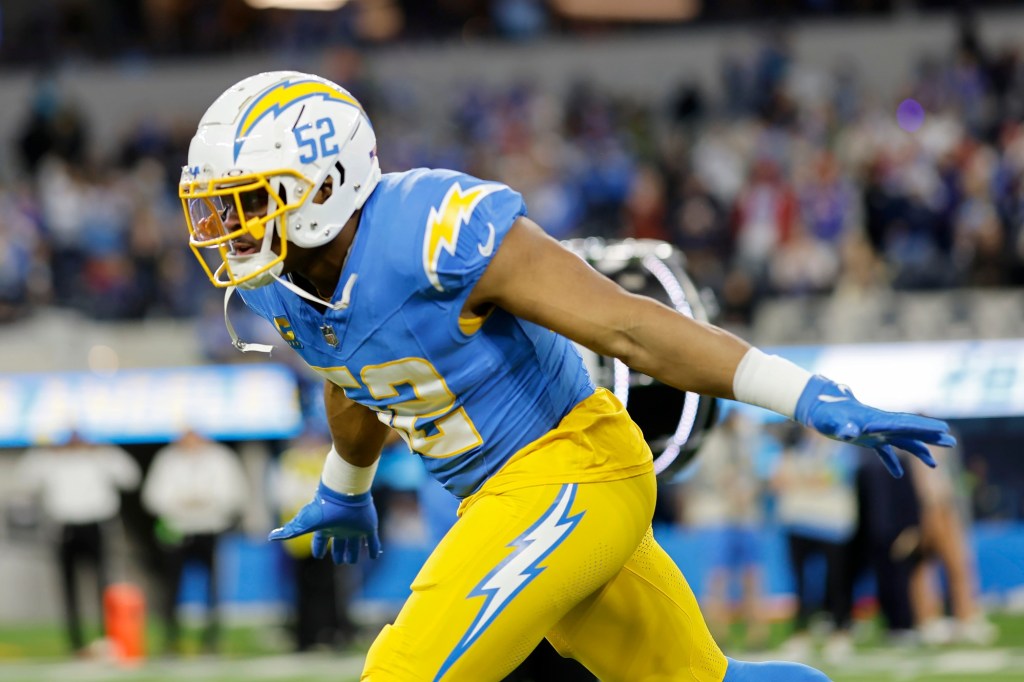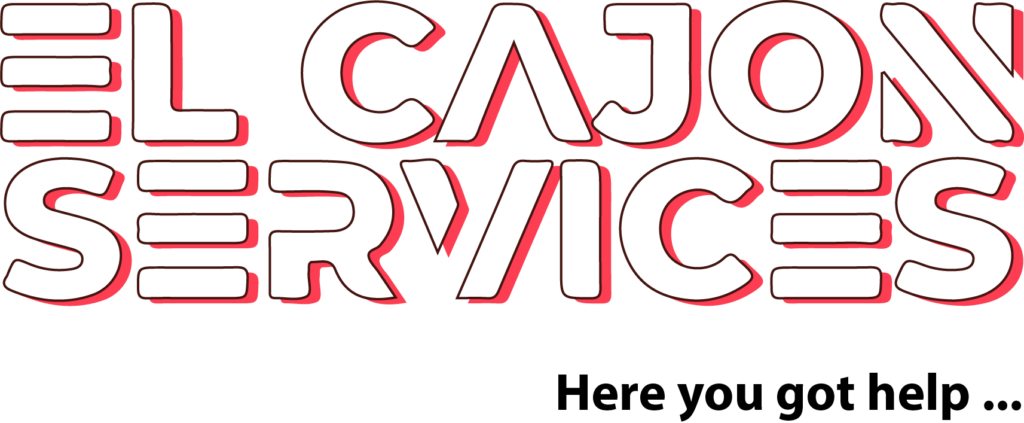Your Local SEO and Digital Marketing Experts in San Diego County
Tyler Wade was an integral part of a Padres team that won 93 games and advanced to the postseason in 2024.
He appeared in 90 games, contributed numerous timely hits and filled in at six positions. He is endlessly energetic, works every day as if it were his first and last in uniform and is unafraid to share wisdom gained by spending parts of eight seasons in the major leagues.
Wade is a player the Padres decided could help them for at least another season, so they signed him in November to a one-year deal worth $900,000 with a $1 million club option for 2026.
That is the only new money the Padres have committed to their major league roster this offseason.
They are one of six teams to have not signed a single major league free agent, and they are one of two teams to have not signed a free agent or made a trade that involved acquiring a player with major league experience.
This might be troubling for a club that has indicated it will increase its payroll from last year but almost certainly pare its current projected obligations. This might be especially concerning for a team embroiled in a lawsuit between members of the family that holds a plurality of the team’s ownership stock. And it might seem even more dire when considering the Padres are in a division with the Dodgers, who have money to spare and are spending it, and the Diamondbacks and Giants, who have made significant additions this winter.
It is important to note, however, for all the splashes the Padres have made in past offseasons, it is not all that unusual that they would seem behind in the beginning of January.
At this time last year, the only free agents the Padres had signed were relievers Woo-Suk Go and Yuki Matsui. They had completed the massive Juan Soto trade that helped form a winning roster in ‘24. But significant moves to sign Jurickson Profar and trade for Dylan Cease would not happen until spring training, and the trade for Luis Arraez was the first in a number of in-season dealings that shaped the Padres’ fortunes.
So what is the story this year? It’s difficult to discern.
Three agents and a handful of team executives have said that Padres personnel people indicated their sluggish winter was partly a product of uncertainty with their ownership. Others said the Padres have not made any mention of the ownership situation or even financial constraints. Multiple people inside the organization have maintained the team is engaged in talks and has evolving plans for making the roster playoff-worthy.
At least some news is due Thursday.
That is the deadline for teams and arbitration-eligible players to reach an agreement on a contract or face an arbitration hearing. (Even if the sides don’t agree by Thursday, they can do so at any point before their hearing. Those begin next month.)
The Padres have not had a player go to arbitration in A.J. Preller’s 10 years in charge of baseball operations.
This year could be different.
The team has six players who are eligible for arbitration, and the tab could conceivably be their highest ever. It will almost certainly at least come close to the $45.275 million worth of one-year contracts they shelled out to seven arbitration-eligible players in 2023.
This year’s class consists of Arraez, an infielder, catcher Luis Campusano and pitchers Jason Adam, Michael King, Adrián Morejón and Cease.
Cease and Arraez are projected to make more than $13 million apiece in 2025. King is projected to command a sizable raise from last year’s $3.15 million to perhaps around $10 million. Campusano and Morejón are each due around $2 million.
The price tag for Arraez and Cease is high enough that the Padres have explored trading both. Arraez making $13 million or more in ‘25 presents a particular challenge, as he won his third consecutive batting title last season but also ranked 77th in slugging percentage (.739).
King’s case is also complex. In his first season as a full-time starting pitcher, King ranked fifth in the National League in ERA (2.95) and strikeouts (201). There are few comparisons for such a transition, with the most obvious being the Dodgers’ Julio Urías getting a bump from $3.6 million to $8 million in 2022 after his first full season as a starter.
Campusano is an interesting case, as well, after a season in which he went from the primary starter to backup to Triple-A. But his projected salary is low enough that it likely will not cause a hiccup.
A contract agreed to before an arbitration hearing is guaranteed. Salaries awarded via arbitration are not fully guaranteed until opening day.
Originally Published:
Your Local SEO and Digital Marketing Experts in San Diego County
